moral progress
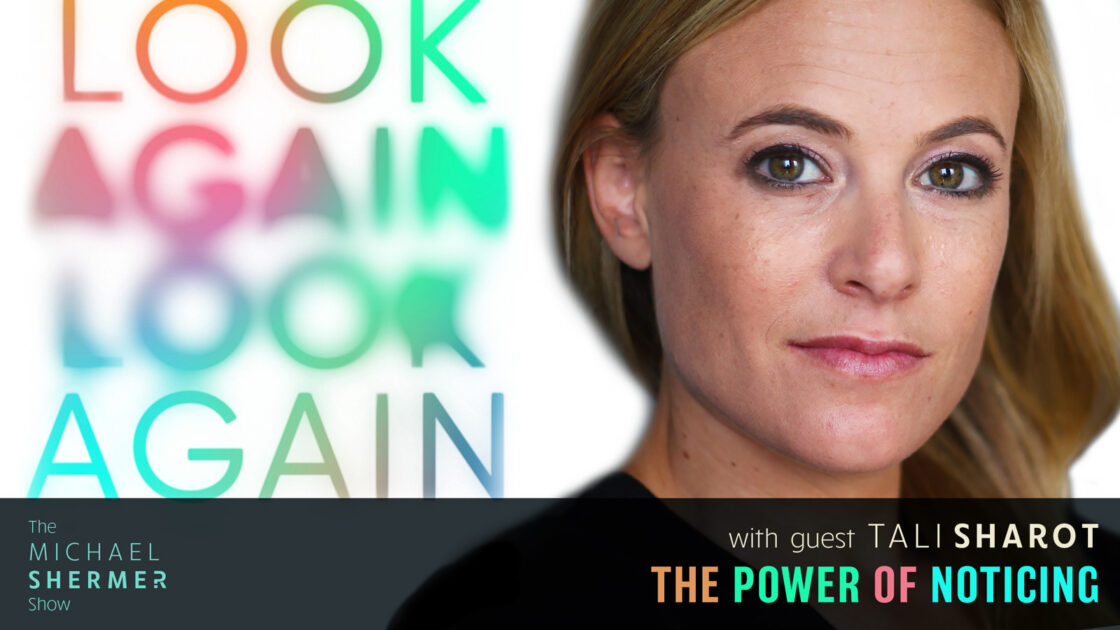
Shermer and Sharot discuss: the best day of her life • the evolutionary origins of habituation • habituation at work, at home, and in the bedroom • Why don’t we habituate to extreme pain? • marriage, romance, monogamy, infidelity • depression • depression, happiness, and variety • negativity nias • creativity and habituation disruption • lying and misinformation • illusory truth effect • truth bias • moral progress • preference falsification • pluralistic ignorance.
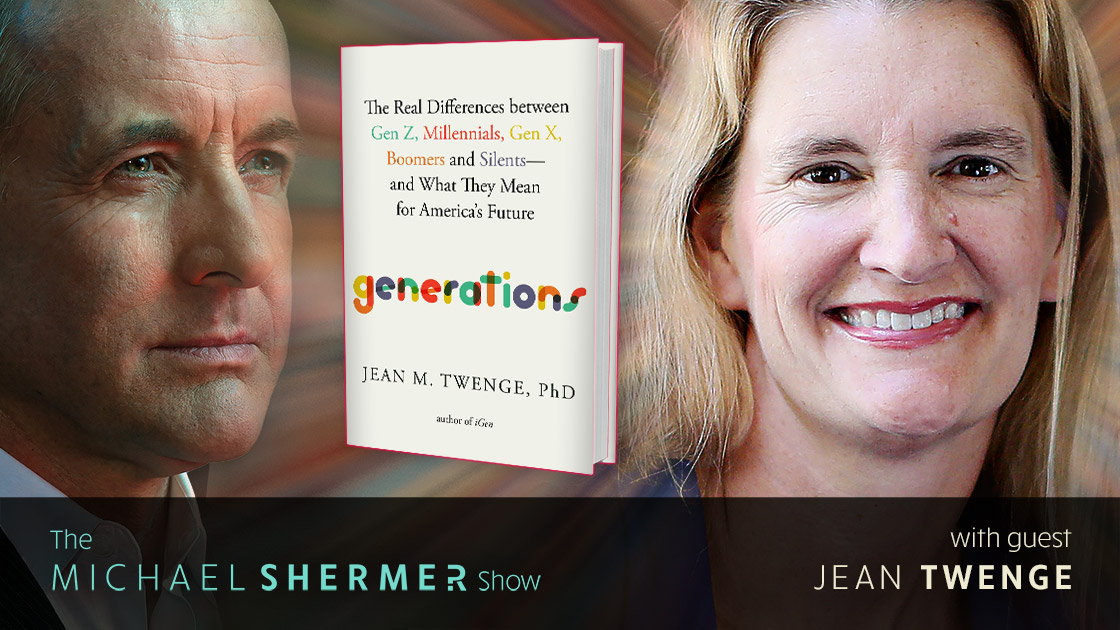
Shermer and Twenge discuss: untangling interacting causal variables (age, gender, race, religion, politics, SES, big events, slow trends, time-period effects, and generational effects) • fuzzy sets/conceptual categories • how historical events effect generations: the Great Depression, WWII, the Cold War and its end, AIDS, 9/11, The Great Recession, Covid-19, #metoo, #BLM, trans, AI • how long-term trends effect generations • technology as a driver of generational differences • civil rights, women’s rights, gay rights, trans rights • abortion and reproductive…

Shermer and Akst discuss: war • the left (old and new) • religious liberals • American Firsters and Isolationists • cluster of heterodoxy: anti-war/militarism, but also anti-racism, anti-capitalism, anti-colonialism, anti-apartheid, anti-power of the state, pro-labor, pro the rights of minorities, individual liberty on matters such as abortion and gender, anti-segregation • internment of 110,000 Japanese-Americans into concentration camps • civil disobedience (Thoreau, Garrison, Gandhi) • non-violent protests • moral equivalency • Just War Theory • Military Industrial Complex • moral…
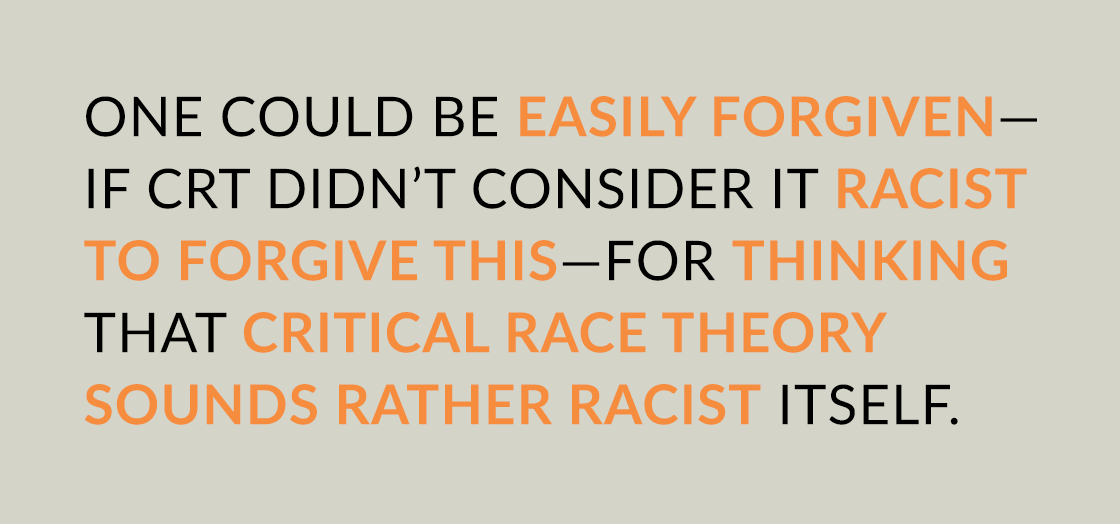
Critical Race Theory (CRT) is, at root, an American phenomenon. So thoroughly is this the case that although its ideas have been used outside the United States for some time, they are often highly flavored by U.S. racial history. CRT holds that race is a social construct that was created to maintain White privilege and […]
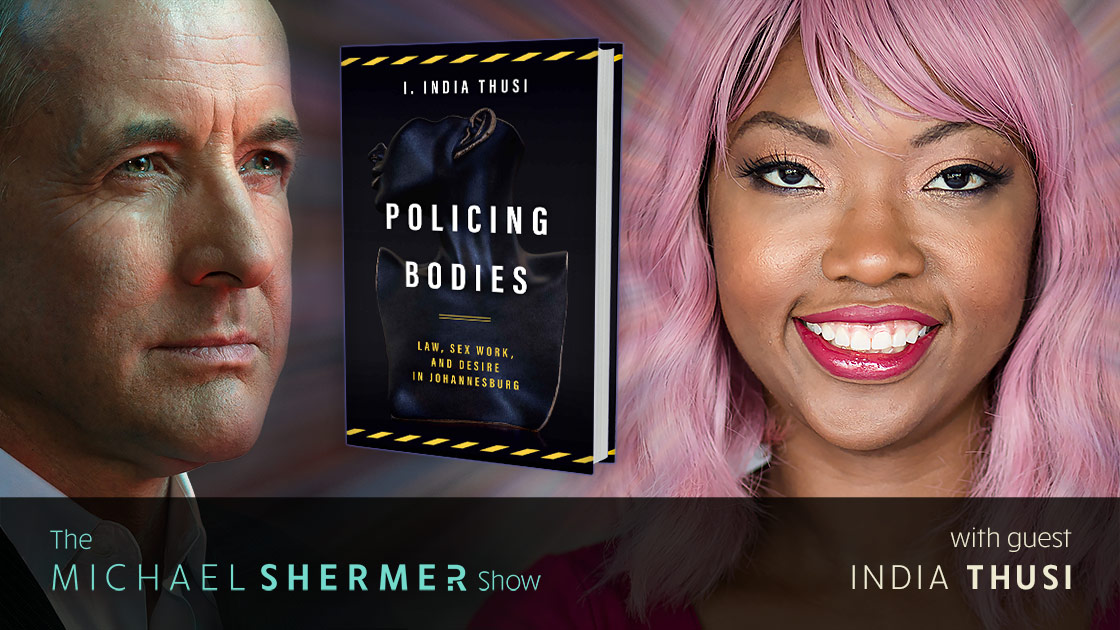
Shermer and Thusi discuss: how she gained access to police and sex workers in Johannesburg • what it was like patrolling brothels in Johannesburg • what sex work is, exactly • why sex workers are mostly women and patrons mostly men • why sex work is illegal in many places and whether it should be legal and regulated • the liminal nature of sex work • Critical Race Theory • racism and antiracism • President Barack Obama • her response…
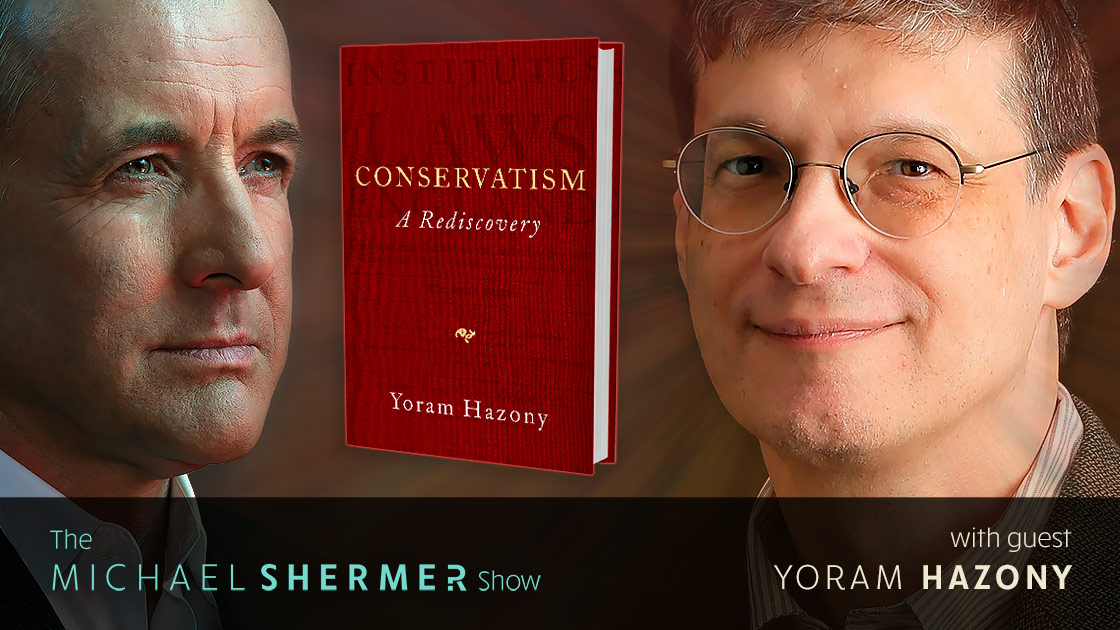
Political theorist Yoram Hazony argues that the best hope for Western democracy is a return to the empiricist, religious, and nationalist traditions of America and Britain. Shermer makes the case for Enlightenment liberalism, with its focus on science and reason, as the primary driver of moral progress over the centuries.

In episode 235, Michael Shermer speaks with Jason Riley about Maverick — the first-ever biography of Thomas Sowell, one of the great social theorists of our age.
In episode 235, Michael Shermer speaks with Jason Riley about Maverick — the first-ever biography of Thomas Sowell, one of the great social theorists of our age.
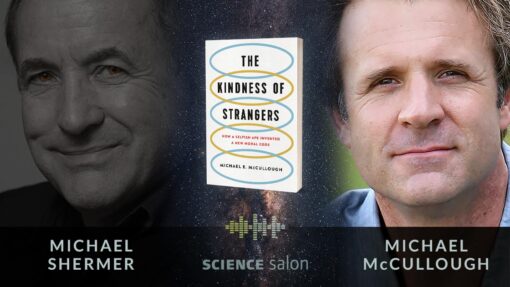
In this sweeping psychological history of human goodness — from the foundations of evolution to the modern political and social challenges humanity is now facing — psychologist Michael McCullough answers a fundamental question: How did humans, a species of self-centered apes, come to care about others?
In Science Salon podcast # 133, Michael Shermer speaks with Michael E. McCullough about his new book: The Kindness of Strangers: How a Selfish Ape Invented a New Moral Code.

Today, August 18, marks the 100th anniversary of the adoption of the 19th Amendment to the Constitution of the United States, guaranteeing women the right to vote. We honor that momentous event with an excerpt adapted from the chapter on women’s rights in Dr. Shermer’s 2015 book The Moral Arc.
Today, August 18, marks the 100th anniversary of the adoption of the 19th Amendment to the Constitution of the United States, guaranteeing women the right to vote. We honor that momentous event with an excerpt adapted from the chapter on women’s rights in Dr. Shermer’s 2015 book The Moral Arc. PLUS: in Science Salon # 129, Michael Shermer speaks with Mona Sue Weissmark about her book The Science of Diversity which uses a multidisciplinary approach to excavate the theories, principles,…
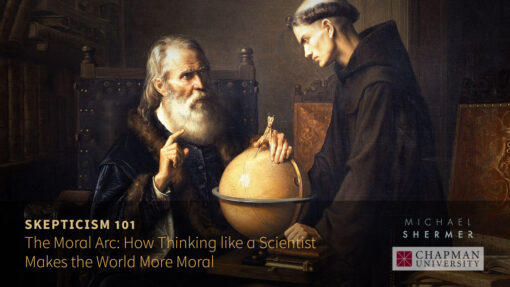
In this, the final lecture of his Chapman University Skepticism 101 course, Dr. Michael Shermer pulls back to take a bigger picture look at what science and reason have done for humanity in the realm of moral progress. Watch The Moral Arc: How Thinking Like a Scientist Makes the World More Moral.
In this, the final lecture of his Chapman University Skepticism 101 course, Dr. Michael Shermer pulls back to take a bigger picture look at what science and reason have done for humanity in the realm of moral progress. Watch The Moral Arc: How Thinking Like a Scientist Makes the World More Moral.
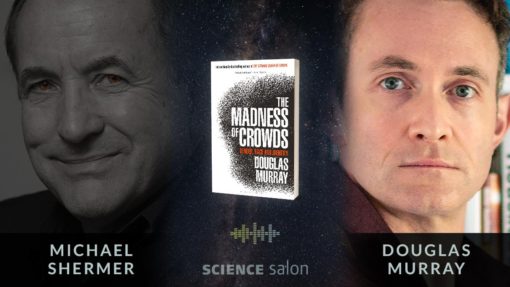
In Science Salon # 87 Michael Shermer speaks with Douglas Murray about his new book The Madness of Crowds on sexuality, gender, technology and race playing out in our workplaces, universities, schools and homes in the names of social justice, identity politics and intersectionality.
In Science Salon # 87 Michael Shermer speaks with Douglas Murray about his new book The Madness of Crowds on sexuality, gender, technology and race playing out in our workplaces, universities, schools and homes in the names of social justice, identity politics and intersectionality.
In Science Salon # 82, Michael Shermer speaks with Phil Zuckerman about his book that launches today — What it Means to be Moral: Why Religion is Not Necessary for Living an Ethical Life. PLUS, the latest issue of Skeptic magazine (24.3) launches today in print and digital editions.
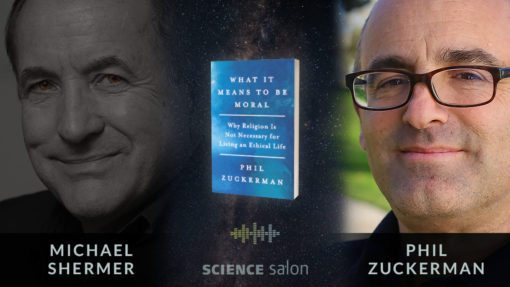
By deconstructing religious arguments for God-based morality and guiding readers through the premises and promises of secular morality, Zuckerman argues that the major challenges facing the world today―from climate change and growing inequality to religious support for unethical political policies to gun violence and terrorism―are best approached from a nonreligious ethical framework.
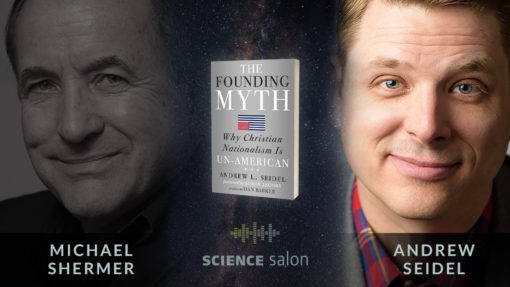
Was America founded on Judeo-Christian principles? Are the Ten Commandments the basis for American law? What, exactly, was the role of religion in America’s founding? Shermer speaks with constitutional attorney and scholar at the Freedom from Religion Foundation (FFRF) Andrew L. Seidel who argues that America was not built on the Bible and that Christian nationalism is, in fact, un-American.
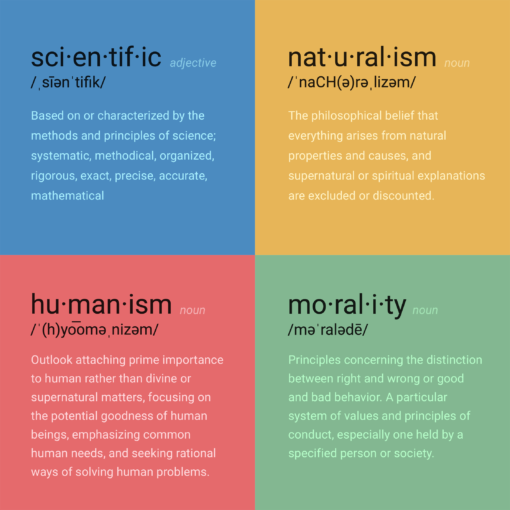
Michael Shermer responds to Richard Weikart’s critique of his January 2019 column in Scientific American: “Stein’s Law and Science’s Mission: The Case for Scientific Humanism.”
NEXT →






















